If the King Archetype represents the Law, the Structure, and the “Logos” (Word), the Queen Archetype represents the Life, the Garden, and the “Eros” (Connection). She is the power behind the power. While the King commands through decree, the Queen commands through influence, nuance, and the subtle orchestration of relationships.
The Queen is the maternal influence on development raised to the level of sovereignty. She is the part of the psyche that stewards growth. She is not just a mother; she is a ruler. This means she has boundaries, authority, and the capacity to judge. She is every calculated comment that ever made you reconsider your behavior, every raised eyebrow that silenced a room, and every moment of deep, intuitive understanding that made you feel seen.
However, because her power is indirect, her shadow is particularly dangerous. When the Queen is unintegrated, she becomes the Puppeteer, the Spider, or the “Bloody Mary”—controlling others not through force, but through guilt, enmeshment, and emotional manipulation.
The Psychology of Selves: Hal and Sidra Stone
To understand the clinical mechanics of the Queen, we must look to the work of Hal and Sidra Stone, creators of Voice Dialogue. They posit that the psyche is a collection of “Selves.” The Queen often manifests as what they call the “Responsible Mother” or the “Manager” self.
The Protector of the Realm
In Voice Dialogue theory, we develop “Protector” selves to guard our Inner Child.
* **The Healthy Queen:** Protects the child by creating a “Temenos” (a sacred, safe space). She sets boundaries that allow life to flourish.
* **The Shadow Queen (The Controller):** Protects the child by trying to control everything and everyone in the environment. She believes that if she stops managing the universe for five minutes, chaos will ensue.
Patients over-identified with this energy often report exhaustion. They feel they are “holding up the sky.” They are the “therapist” for their friend group, the “fixer” for their family, and the “mom” to their partners. They have confused Stewardship (The Queen) with Control (The Shadow).
The Shadow Queen: The Spider and the Web
While the Shadow Warrior hurts you with a sword (aggression), the Shadow Queen hurts you with a look (shame).
Her primary weapon is Enmeshment. The Shadow Queen does not want her subjects (children, partners, friends) to leave the castle. She wants to merge with them.
Clinical Manifestations of the Shadow Queen
- The Devouring Mother: Jungian analyst Erich Neumann described this as the “Terrible Mother.” She consumes the individuality of her children. She wants to know their secrets, not to help them, but to own them.
The message: “You cannot survive without me.”
- The Martyr: She uses her own suffering as currency. “I did everything for you, and this is how you repay me?” This weaponizes the Lover energy to entrap rather than liberate.
- The Ice Queen: She withdraws affection to punish. She becomes cold and unreachable, triggering the abandonment wounds of those around her.
The “Consigliere” Complex: Patients under the influence of a Shadow Queen often position themselves as the “advisor” to powerful or chaotic people. They date addicts, narcissists, or “projects.” Why? Because it allows them to exercise power from the shadows without taking the risk of being on the throne themselves. It is a defense against vulnerability.
Developmental Origins: The Parentified Child
How does a Shadow Queen develop? Often, it stems from the experience of being a Parentified Child.
If a child grows up with parents who are incompetent, addicted, or chaotic (an absent King/Queen), the child acts as a proxy ruler. They step up to run the household.
- They manage the parents’ emotions (“I have to be good so Mom doesn’t get sad”).
- They mediate conflicts between adults.
- They hide their own needs to preserve the stability of the family system.
This child learns that Influence = Survival. They become masters of reading the room. As adults, they have a “Super-Queen” complex: they are hyper-competent, hyper-vigilant, and deeply resentful that no one is taking care of them.
This leads to a fierce Inner Critic. Because the child was tasked with an impossible job (raising their parents), they internalized a voice that says, “You aren’t doing enough.” This critic is actually the internalized voice of the Shadow Queen parent who demanded the child exist only as an extension of themselves.
Integration: Reclaiming the Throne
Healing the Queen archetype does not mean becoming passive; it means moving from Power Over to Power With.
It involves utilizing the Magician archetype to gain insight, but using the Queen to apply that insight with benevolence.
1. From Puppeteer to Mentor
The integrated Queen mentors others. She spots potential in people and waters it. Unlike the Shadow Queen, she delights when her proteges outgrow her and leave. She knows that her realm is her own soul, not the lives of others.
2. Establishing the “Temenos”
In therapy, the therapist must often model the Healthy Queen. We create a container (Temenos) where it is safe to fall apart. By holding boundaries without withdrawing love, we teach the patient that connection is possible without enmeshment.
3. Releasing the “Magical Other”
Patients must learn that they cannot save their partners or parents. We must abdicate the throne of others’ lives. As James Hollis writes in The Eden Project, we must give up the fantasy that we can fix the “Magical Other” and instead tend to our own garden.
The Queen is the archetype of Benevolence. When she is seated on her throne, the kingdom flourishes—not because she forces it to, but because her very presence radiates a sense of worth, dignity, and permission to be.
Bibliography:
Jung, C.G. The Archetypes and the Collective Unconscious. Translated by R.F.C. Hull, Routledge, 1991.
Stone, Hal, and Sidra Stone. Embracing Our Selves: The Voice Dialogue Manual. New World Library, 1989.
Moore, Robert, and Douglas Gillette. King, Warrior, Magician, Lover: Rediscovering the Archetypes of the Mature Masculine. HarperOne, 1991.
Neumann, Erich. The Great Mother: An Analysis of the Archetype. Princeton University Press, 1972.
Pinkola Estés, Clarissa. Women Who Run With the Wolves: Myths and Stories of the Wild Woman Archetype. Ballantine Books, 1992.
Hollis, James. The Eden Project: In Search of the Magical Other. Inner City Books, 1998.
Further Reading:
Edinger, Edward F. Ego and Archetype: Individuation and the Religious Function of the Psyche. Shambhala, 1992.
Downing, Christine. The Goddess: Mythological Images of the Feminine. Continuum, 1999.
Bolen, Jean Shinoda. Goddesses in Everywoman: Powerful Archetypes in Women’s Lives. HarperOne, 2014.
Hillman, James. Re-Visioning Psychology. Harper & Row, 1975.
Miller, Alice. The Drama of the Gifted Child: The Search for the True Self. Basic Books, 1981.

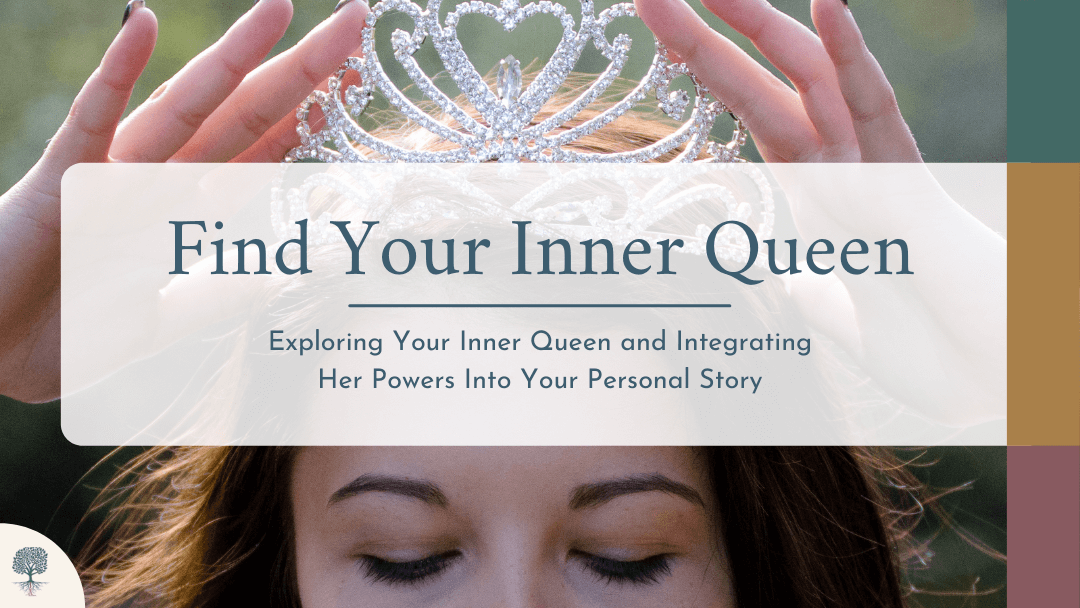

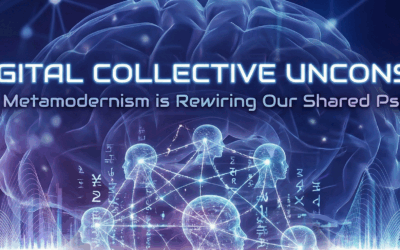
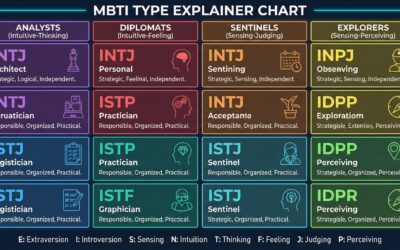
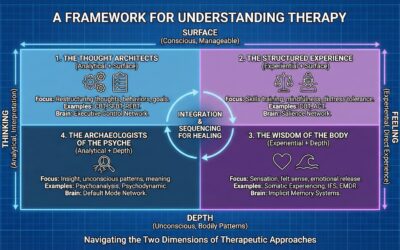
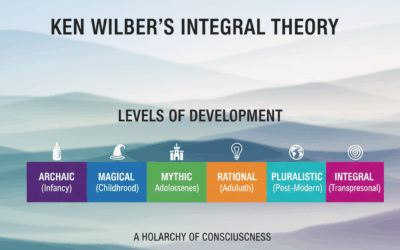
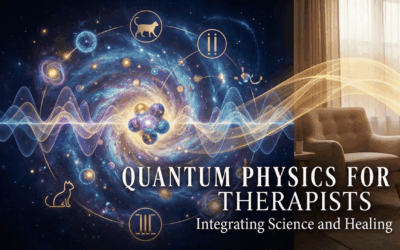
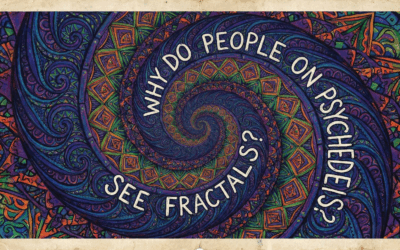


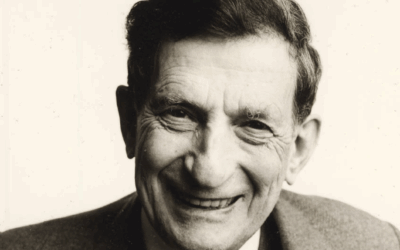


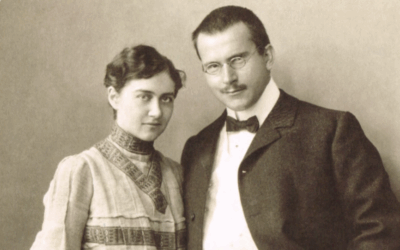


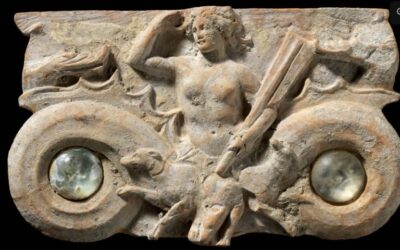
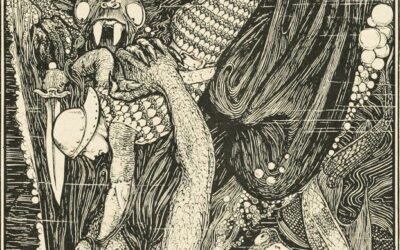
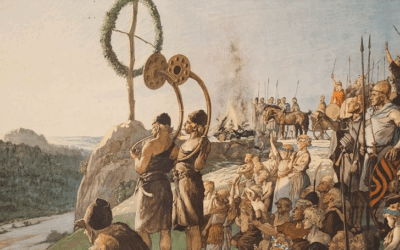
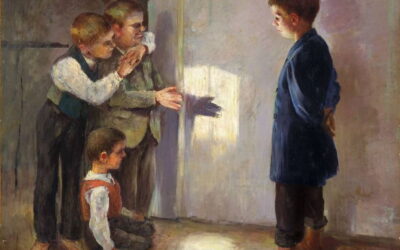
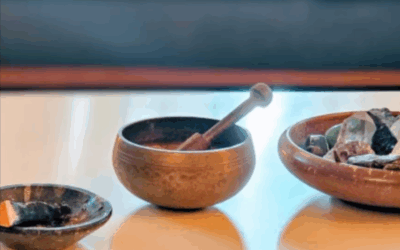

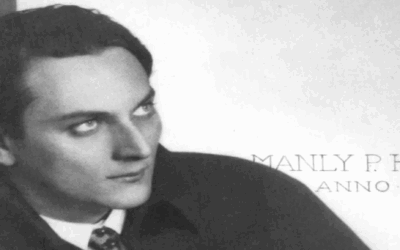
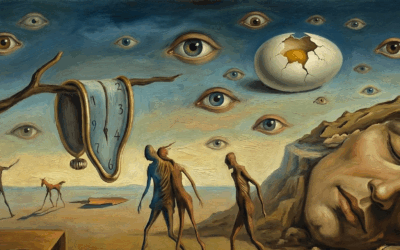


0 Comments